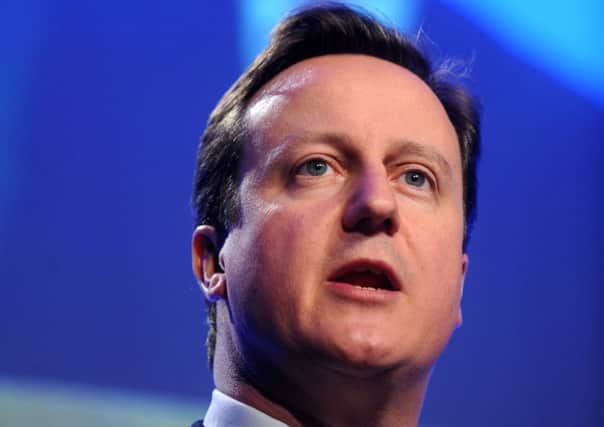Leaders: UK terror suspects a legal minefield


Such proposals will chime with public apprehension over the potential for terrorist attacks at home and the desire to impede the re-entry of those who have gone to Syria and Iraq to fight for IS. The extreme brutalism of this organisation, in driving tens of thousands of people from their homes, and in the beheading of American journalist James Foley, has shocked and appalled the civilised world. But talking tough on action to counter the threat of terrorism at home is one thing. Gaining effective intelligence and imposing controls within the bounds of international law is quite another.
It cannot be said that the UK government is well-informed on the scope of the potential threat we face. It does not know for sure the identities of those British nationals who have gone to fight for IS. It is believed “at least” 500 people from the UK have gone to fight in Syria, but ministers do not know the exact number. The number of people arrested in the UK for Syria-related activity is said by senior police officers to stand at 69.
Advertisement
Hide AdAdvertisement
Hide AdThe government has powers to impede fighters travelling abroad by seizing their passports. Now it is considering a temporary withdrawal of passports from British terror suspects returning to the UK. Former Liberal Democrat leader Sir Menzies Campbell has lost no time in questioning whether such a move would be legal and that to render citizens effectively stateless would be regarded as illegal in international law.
This may be deeply frustrating for many who argue that the prime duty of the government is to the safety and security of its citizens. But it is highly likely that the government would run into difficulties with this proposal.
The Home Secretary already has the power – under the Royal Prerogative – to withhold a passport if it is in the public interest to stop somebody travelling. But any wider powers would only be acceptable if the authorities were able to present evidence that a particular individual would be a terror threat.
There is much that can be done to make use of existing legislation. But any new powers would require more particular and specific information on why a passport can be withheld – permanently or temporarily – from a UK citizen.
Eclectic, challenging and provocative
Any doubt that the appeal of the Edinburgh International Festival was waning due to competition from copycat rivals will be dispelled by figures showing box office takings up by almost a third on last year to a record £3 million.
Audiences flocked to productions like The James Plays, the National Theatre of Scotland’s epic historical trilogy, starring Sofie Grabol, as well as shows inspired by the 100th anniversary of the First World War and the 20th anniversary of the end of apartheid in South Africa.
Outgoing Festival director, the Australian impresario Sir Jonathan Mills, paid generous tribute on Saturday evening to the 16,000 performers from 70 countries who had appeared in more than 1,100 shows during his tenure. A surprise choice for the role in 2006, in theatre productions especially, he largely succeeded in winning over the doubters. He has been hailed for his freshness and imagination in bringing forward themes relating to conflict and war.
However, in staged opera, his legacy is less assured. Indeed there were problematic performances of Fidelio last year and The Trojans this year, which did not rouse great acclaim. And rather than opt for favoured works by Verdi, Wagner and Mozart which traditionalists love, audiences had to contend with a cacophonous opener this year: Schoenberg’s troubling Six Pieces for Orchestra, which left many grateful that the composer did not go for a seventh.
Advertisement
Hide AdAdvertisement
Hide AdEdinburgh may have dropped in the global rankings as an opera venue, but his theatre choices were validated by record attendances and box office takings. Overall, Sir Jonathan will be remembered for an eclectic, challenging and frequently provocative Festival stewardship.